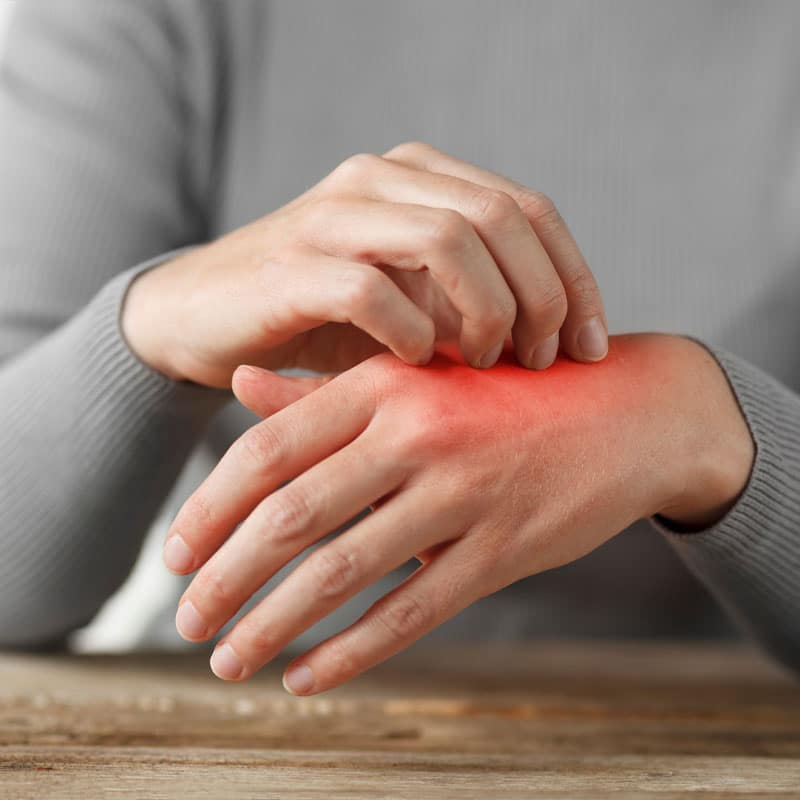Skin Blog Posts
Vaginal Yeast Infections Symptoms and Causes
7 Chronic Inflammation Symptoms
How to Heal Leaky Gut Naturally?
5 Symptoms of Psoriasis
Toxicity Quiz
Natural Remedies for Candida Overgrowth
Candida Skin Rashes
Benefits of Gluten Free Diet
Natural Treatment for Mold Sensitivity
Are Skin Problems A Symptom of Leaky Gut?
Are Your Hormones Causing Acne?
6 Best Foods For Healthy Skin
Hormonal Rosacea – Symptoms and Prevention
Diabetes and Skin Problems
Food Allergies and Eczema
7 Foods for Type 2 Diabetes

Find out why Rose Wellness is perfect for you
Schedule a free call with one of our wellness coordinators.
Self Assessments
Female Hormone Quiz
Dealing with hot flashes, PMS, low libido, mood swings, headaches, anxiety, or unexplained weight gain? Try our Female Hormone Quiz and learn more about your hormones.
Health Check Quiz
Try the quick 5-minute quiz to learn more about your health
Toxicity Questionnaire
The Toxicity and Symptom Screening Questionnaire identifies symptoms that help to identify the underlying causes of illness, and helps you track …
Insomnia Assessment
Take this short Insomnia Assessment to evaluate your sleep issues.
Female Estrogen Dominance Quiz
Dealing with mood swings, low libido, fatigue, weight gain, or Insomnia? Try our Estrogen Dominance Quiz and learn more about your hormones.
Male Hormone Quiz
Dealing with fatigue, low sex drive, mood swings, or unexplained weight gain? Try our Male Hormone Quiz and learn more about your hormones.
























